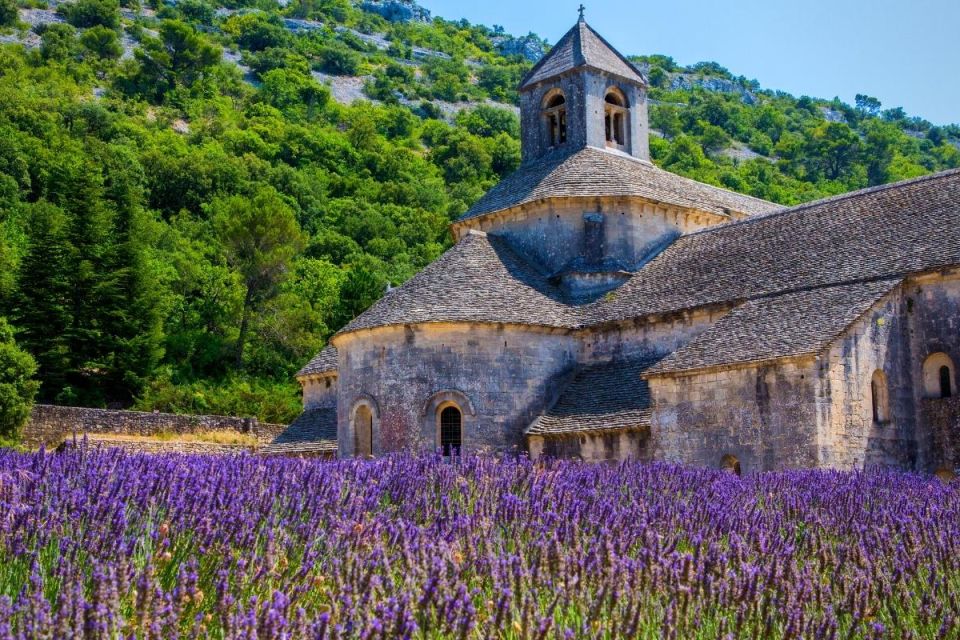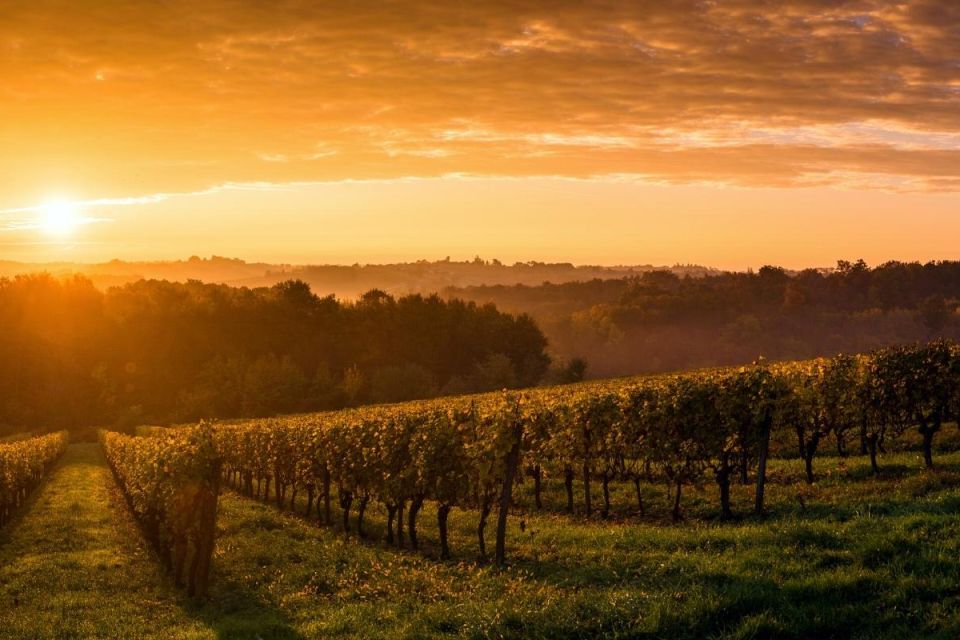Your Mini Basket
The region of Provence sits along the Mediterranean coast of France. Wine has been made here for over 2600 years, making it the oldest wine-producing region of France. It is also the only place to focus on rosé, with over 85% of production devoted to it!
Provence is blessed with a climate that is ideal for growing grapes. The region gets lots of sunshine and not too much rain, with warm days and cool evenings. The Mediterranean moderates temperatures, and the famous ‘Mistral’ wind keeps the vineyards dry, free of pests, and the clouds at bay.
Wild shrubs like rosemary, juniper, thyme and lavender grow throughout Provence. Many say these plants, collectively called ‘Garrigue’ or ‘Maquis’, influence the character of the wines.



